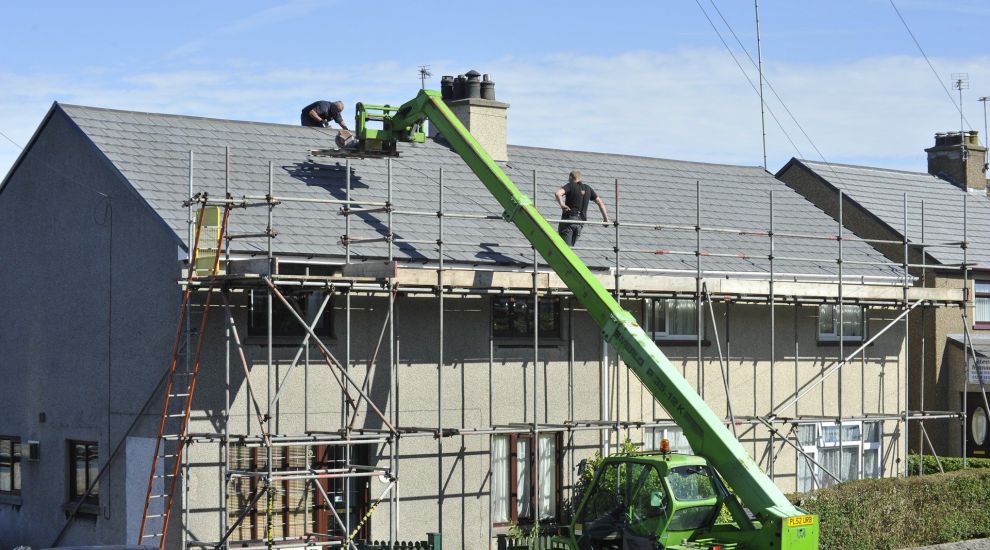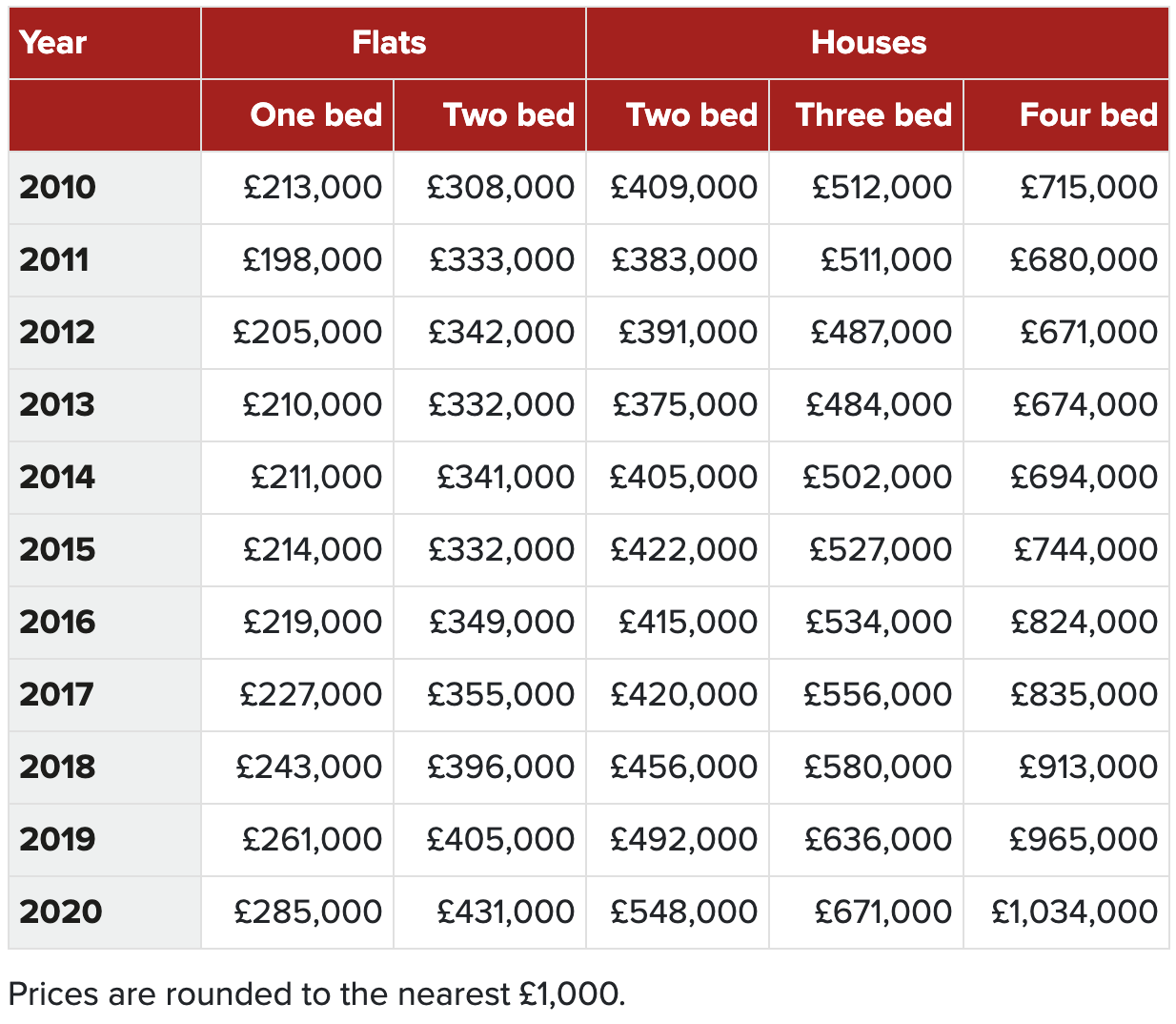


Jersey needs a “radical” rethink of its construction processes to create more desperately needed first-time buyer housing - and, according to two politicians, “flatpack” homes could be the answer.
In an open debate about the island’s growing population this week, St. Mary Constable John Le Bailly told States Members that it was crucial for Jersey to find an “incentive” to stop the local brain drain - and “that incentive is housing”.
The problem, he said, was that prices remained too high - an average three-bed home sat at the £600,000 mark last year - which he felt could be addressed via the construction process.
“First-time buyer housing could be produced at half the market price,” he explained, but noted that “may mean a radical rethink on how we produce the product. By that I mean a design change.”
“Flatpack housing - it’s the only way to go,” he argued.

Pictured: Mean prices for different properties in Jersey 2010 to 2020. (Statistics Jersey)
Flatpack methods of home construction - also known as ‘pre-fab’ - involve manufacturing certain components off-site in advance in standardised sections that are quickly and easily shipped and assembled.
Prefabs became popular in the UK after the Second World War, as a temporary replacement for housing the had been destroyed by bombs, but many remained inhabited for a long time after, with few still standing today.
Such builds tend to have a bad reputation as they were poorly constructed by today’s standards, but, as St. Martin Deputy and former Environment Minister Steve Luce argued, the methods have moved on significantly.
Emphasising that “construction cost has to be addressed” to bring down the price of homes that are driving young people away, he said that the Government should turn its eye off-island towards some “ingenious” examples of pre-fabricated buildings.
He acknowledged that “pre-fab will not be a phrase that people will be comfortable with”, but noted that it was now very “different to what was seen in factories 30 years ago.”
A report commissioned by the Government released in 2019 said that, at current rates, Jersey should expect to need 7,000 new homes by 2030.
Former Housing Minister and Reform Jersey leader Senator Sam Mézec said he felt the solution lay in taxing empty properties to give investors simply using the homes as “a commodity to make money out of” an incentive to put them on the market rather than waiting for their value to appreciate.
Deputy Kirsten Morel agreed that there was a need to “take stock properly of the unused houses in Jersey”. He said the Government should perhaps consider schemes that would help retired individuals downsize to put more family homes onto the market.
Deputy Montfort Tadier, meanwhile, warned that increasing available housing might actually drive growth of the population, which currently stands around 108,000, because of the extra capacity in the market.
Read Express on Monday for an analysis of all the key themes from the debate…
Comments
Comments on this story express the views of the commentator only, not Bailiwick Publishing. We are unable to guarantee the accuracy of any of those comments.